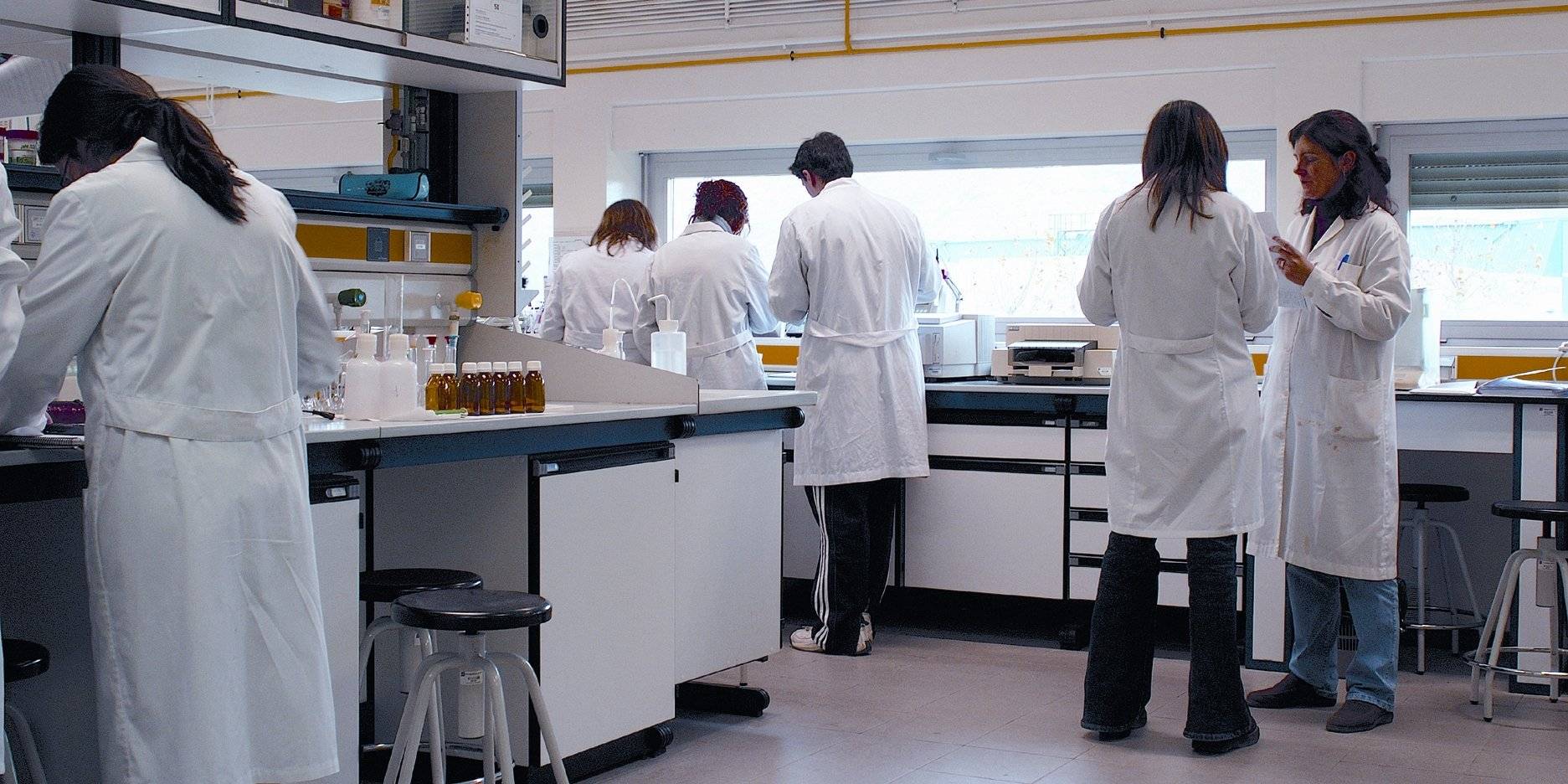This post was first published on February 9, 2012.
Research centres today are waking up to the revenue potential of their research data and are ready to go to the extent of fighting legal battles to claim, protect and benefit from their intellectual property. One such battle is the lawsuit filed by the Leonard and Madlyn Abramson Family Cancer Research Institute at Pennsylvania against its former scientific director, Dr. Craig B. Thompson (who is currently the President & CEO of Memorial Sloan-Kettering Cancer Center). The lawsuit, which was filed in the United States District Court in Manhattan in December by the research institute, describes Dr.Thompson as “an unscrupulous doctor” who “chose to abscond with the fruits of the Abramson largess.” This lawsuit is of prominence as its judgment is expected to have serious legal and financial implications (read “in billions”).
There are precedents where research and academic institutions have proceeded legally against researchers who have misappropriated their intellectual property. At the heart of the lawsuit is the intellectual property rights over the research which, Leonard and Madlyn Abramson Family Cancer Research Institute claim to have been done by Dr. Thompson at the Institute. The Institute claims that Dr.Thompson did not disclose the research to U-Penn and that he has utilized the same in his company, Agios, which he started after he left the Institute. But Dr.Thompson’s lawyer claims that the Institute’s allegation does not mention as to what was the specific research that is under question.
The Institute has also claimed that Dr. Thompson’s actions deprived it of proceeds that could support future research, and caused it damages that could exceed $1 billion. The fact that the company Celgene invested an unprecedented amount of $150 million in Agios (a company that at that time did not have any drug in clinical trials) only leads to speculations. Also though Agios claims not to have pursued technology which Dr.Thompson was working on when he was in the Institute, Dr. Thompson was a co-author on some scientific papers involving genes called IDH1 and IDH2 during his tenure in the Institute, which has been a focus of Agios’ research.
John B. Fenn, a former Yale professor, was ordered by the court to pay $545,000 plus legal fees of about $500,000 to the university, in 2005, where he was found to having licensed without involving the university, a molecular analysis technique (which won him a Nobel Prize), to a company he co-founded.
To settle the allegation that he had secretly patented a unique drug formulation technology, in 2006, Dr. J. Milton Harris, a former professor at the University of Alabama, Huntsville, and Nektar Therapeutics, a company with which he was associated, agreed to pay a settlement amount of $25 million to the university.
A former student laboratory assistant at the University of South Florida, Petr Taborsky, was convicted of theft and was imprisoned after patenting a wastewater treatment method that he said he had invented on his own. But this particular lawsuit has gained popularity as it involves serious legal issues pertaining to two very famous cancer institutes and also for the reason that it may turn out to be a billion-dollar battle.
The legal issue at the core is – Would what Dr.Thompson took along with him to Agios be considered as IP (depending upon the fact whether he took just knowledge, know-how, etc or something more than that), and does such an act amount to a violation of IP rights. The question as to what Dr.Thompson took to Agios remains to be answered as the Institute has not mentioned any specific patent in the suit. If it is found out that Dr. Thompson contributed only mere insights into the Agios’ research then it has to be seen how the court sits in judgment upon it.
Author: Himendra Kartantik Simha M.N



